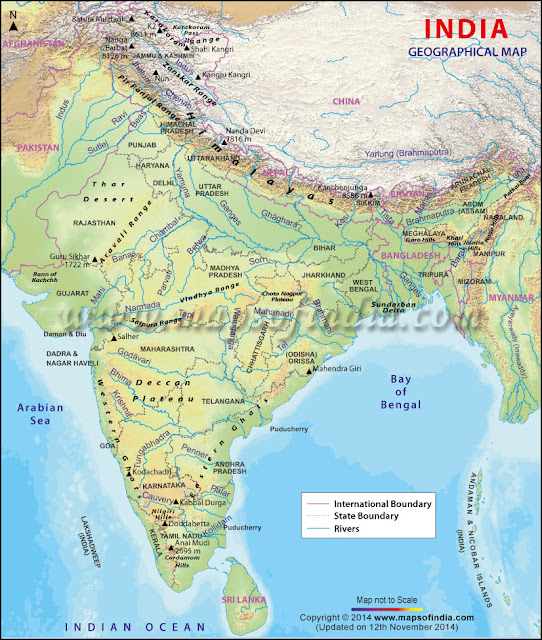Contempt of Court
🔰Contempt of Court🔰
🌺Why it is in news?🌺
🌻Contempt of Court, as a concept that seeks to protect judicial institutions from motivated attacks and unwarranted criticism, and as a legal mechanism to punish those who lower its authority, is back in the news in India. This follows the initiation of contempt proceedings by the Supreme Court of India, on its own motion, against advocate-activist Prashant Bhushan, for his two tweets criticising the judiciary.
🌺How did the concept of Contempt of Court come into being?🌺
☘The concept of contempt of court is several centuries old.
☘In England, it is a common law principle that seeks to protect the judicial power of the king, initially exercised by himself, and later by a panel of judges who acted in his name. Violation of the judges’ orders was considered an affront to the king himself.
☘Over time, any kind of disobedience to judges, or obstruction of the implementation of their directives, or comments and actions that showed disrespect towards them came to be punishable.
🌺What is the statutory basis for Contempt of Court?🌺
🌿There were pre-Independence laws of contempt in India.
🌿Besides the early High Courts, the courts of some princely states also had such laws.
🌿When the Constitution was adopted, contempt of court was made one of the restrictions on freedom of speech and expression.
🌿Separately, Article 129 of the Constitution conferred on the Supreme Court the power to punish contempt of itself.
🌿Similarly, Article 215 conferred a corresponding power to punish contempt on the High Courts.
🌿The Contempt of Courts Act, 1971, gives statutory backing to the idea of the Contempt of Court.
🌺What are the kinds of Contempt of Court?🌺
🍀The Contempt of Courts Act, 1971 classifies it as Civil and Criminal.
🍀Civil Contempt is fairly simple. Under Section 2(b) of the Contempt of Courts Act of 1971, Civil Contempt has been defined as wilful disobedience to any judgement, order, writ or other process of a court or wilful breach of an undertaking given to a court.
🍀Criminal Contempt is more complex. Under Section 2(c) of the Contempt of Courts Act of 1971, criminal contempt has been defined which consists of three forms: (a) words, written or spoken, signs and actions that “scandalise” or “tend to scandalise” or “lower” or “tends to lower” the authority of any court (b) prejudices or interferes with any judicial proceeding and (c) interferes with or obstructs the administration of justice in any other manner.
🍀Making allegations against the judiciary or individual judges, attributing motives to judgments and judicial functioning and any scurrilous attack on the conduct of judges are normally considered matters that scandalise the judiciary.
🍀The rationale for this provision is that courts must be protected from tendentious attacks that lower its authority, defame its public image and make the public lose faith in its impartiality.
🍀The punishment for contempt of court is simple imprisonment for a term up to six months and/or a fine of up to ₹ 2,000, as prescribed under Section 12 of the Contempt of Courts Act of 1971.
🍀In 1991, the Supreme Court has ruled that it has power to punish for contempt not only of itself and of high courts, but also subordinate courts and tribunals functioning in the entire country.
🌺What is not Contempt of Court?🌺
🌼Fair and accurate report of judicial proceedings, fair and reasonable criticism of judicial orders or acts, after a case is heard and disposed of as well as comment on the administrative side of the judiciary do not amount to contempt of court.
🌺Is truth a defence against a contempt charge?🌺
🌸For many years, truth was seldom considered a defence against a charge of contempt. There was an impression that the judiciary tended to hide any misconduct among its individual members in the name of protecting the image of the institution.
🌸This Act was amended in 2006 to introduce truth as a valid defence, if it was in public interest and was invoked in a bona fide manner.

Comments
Post a Comment